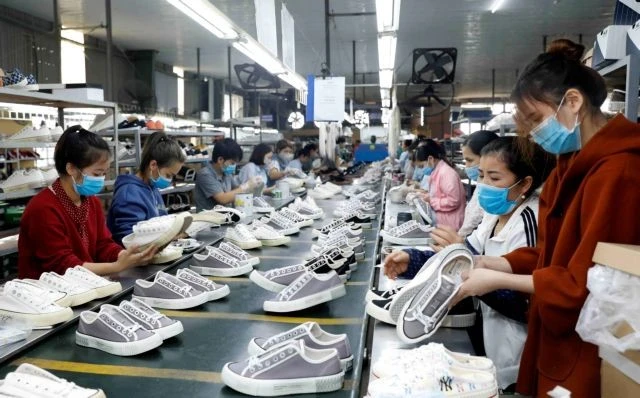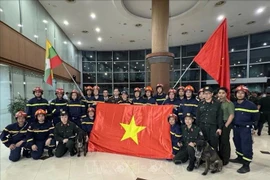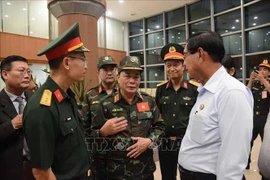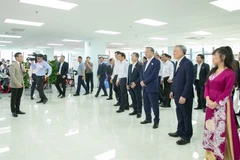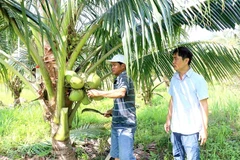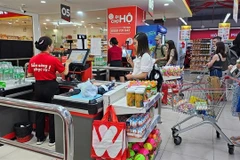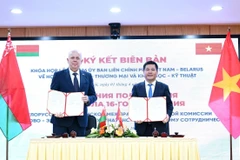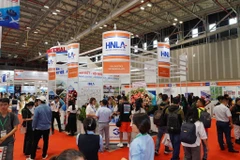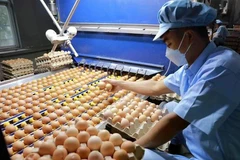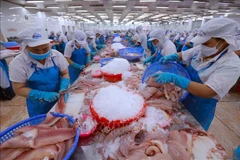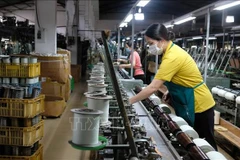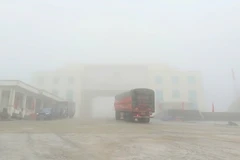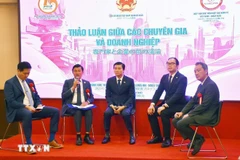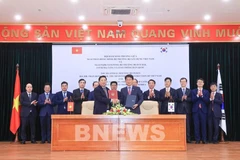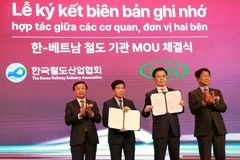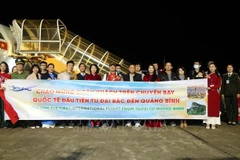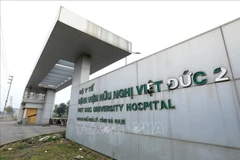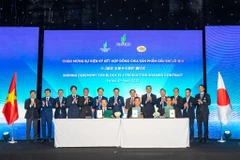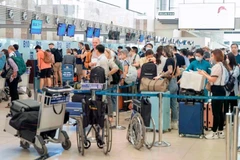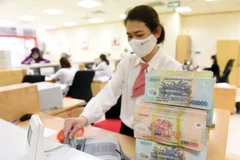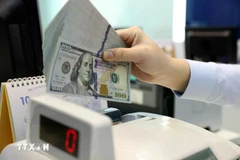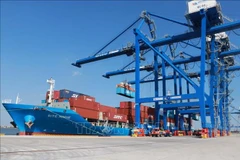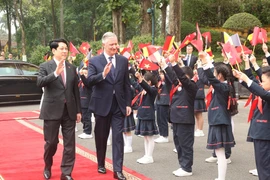Hanoi (VNS/VNA) - The recent earthquake in Myanmar has compounded the already difficult business environment for Vietnamese enterprises operating in the country, according to the Vietnam Trade Office in Myanmar.
After a powerful 7.7 magnitude earthquake in Myanmar on March 28, all Vietnamese businesses were reported safe, but trading activities will face significant obstacles, the trade office said.
The earthquake affected not only Myanmar but also shook several cities in Vietnam. As of March 29, the latest figures reported by Myanmar’s authorities indicated that the earthquake had left 1,002 people dead, 2,376 injured, and 30 missing. This toll could rise as authorities continue to assess the full extent of the damage.
The quake also caused massive infrastructure damage, disrupting power supplies and telecommunications networks. In Yangon, some areas experienced a loss of mobile signal, and several buildings sustained significant damage. Emergency rescue efforts are underway, but the scale of destruction is vast.
The recent tremor is just one of the many challenges Myanmar is facing. The country has long been dealing with political instability, conflict and a fragile economy.
According to Nguyen Duong Kien, Trade Counsellor of the Vietnam Trade Office in Myanmar, infrastructure damage, such as collapsed walls and power outages disrupting telecommunications, will undoubtedly create further barriers to trade between the two nations.
Myanmar is already grappling with a political crisis that has left more than half of its 330 townships embroiled in conflict.
Travel between regions has become increasingly difficult, leading to sky-high logistics costs and further complicating business operations. The ongoing instability and conflict have led to the closure of several customs stations along the Myanmar-China and Myanmar-Thailand borders, further restricting trade.
Myanmar’s economy, already fragile due to years of internal conflict, is now facing even greater setbacks. Power shortages are frequent, with many industrial zones having power for only four hours per day.
This lack of consistent power supply forces businesses to rely on expensive generators, driving up operational costs.
Given these challenges, Myanmar’s economic recovery in the short term looks increasingly unlikely.
Vietnam’s trade with Myanmar has already been on the decline, and the earthquake is expected to exacerbate this trend.
In 2024, the two-way trade turnover between the countries was reported at 574 million USD, a 16% decrease from 2023.
The first two months of 2025 saw an even steeper decline, with a 29% drop in total import-export turnover, amounting to just 72 million USD. Vietnam mainly exports textiles and garment materials, footwear, fertilisers, plastics and other products to Myanmar.
The decline in trade can be attributed to several factors, including Myanmar's ongoing import restrictions as well as the fact that most goods must have import licences. These licences are difficult to obtain due to complex internal procedures, further hindering the flow of goods.
Many Vietnamese companies have been forced to export their goods through Thailand before transporting them across the border to Myanmar. This significantly raises costs, as these shipments are not officially counted as exports from Vietnam to Myanmar.
The difficulties of doing business in Myanmar have led the Vietnam Trade Office in Myanmar to caution Vietnam's exporters.
Kien emphasised the importance of closely monitoring the situation and maintaining communication with the trade office and other relevant agencies.
He also highlighted that, due to strict foreign exchange controls and increased sanctions by the United States and the European Union, Vietnamese businesses should exercise caution in their dealings with Myanmar.
Kien recommended that Vietnamese companies ensure they comply with the country’s policies and guidelines for conducting trade in Myanmar.
He also urged businesses to adopt safe payment methods, as many Myanmar enterprises are facing financial difficulties and the risk of financial transactions being delayed or blocked.
Despite these challenges, the Vietnam Trade Office remains committed to supporting Vietnamese businesses in Myanmar.
The office plans to organise the Vietnam-Myanmar Trade Fair in 2025, providing a platform for Vietnamese companies to explore new business opportunities in Myanmar and better understand the market dynamics./.
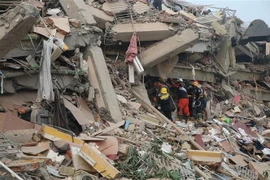
WHO seeks urgent funding for Myanmar after devastating earthquake
In its flash appeal for funds, the WHO said the high numbers of casualties and trauma injuries are at high risk of infection due to limited surgical capacity in the country, while the underlying conditions in Myanmar meant the quake is likely to intensify the risk of diseases.
